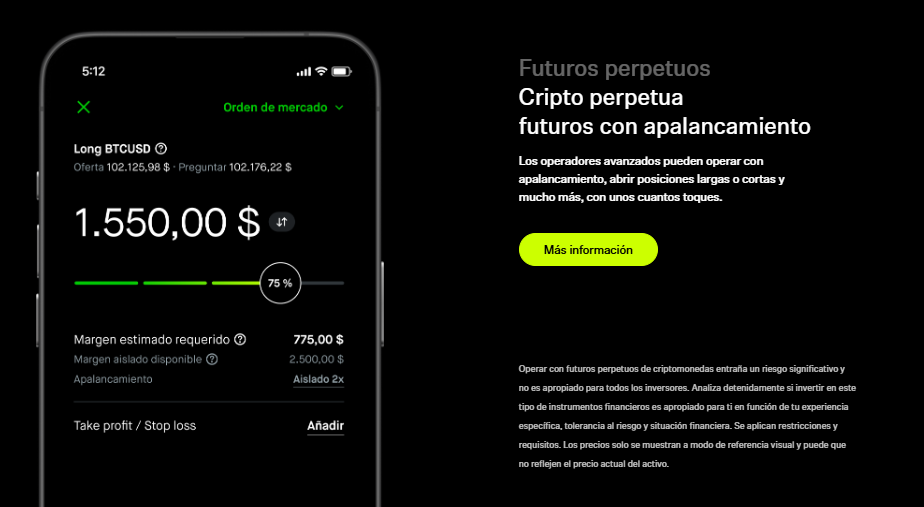How Kwala Helps Manage Challenges in CBDC Projects
Discover How Kwala Revolutionizes Challenge Management in CBDC Projects, Improving Efficiency and Compliance. 🚀 Click and Learn More!

How Kwala Helps Manage Challenges in CBDC Projects
Central Bank Digital Currency (CBDC) projects face multiple challenges during their development, especially when it comes to managing the underlying infrastructure, such as remote procedure call (RPC) communication. Kwala is presented as an innovative solution that promises to improve the management of these obstacles, providing an efficient and secure framework that allows developers to focus on creating value and improving the user experience.
Challenges Faced in CBDC Projects
CBDC projects are not just proofs of concept; they represent a significant effort involving multiple stakeholders. During a CBDC pilot, several issues have been identified that need to be addressed:
- Reliability and Availability: Brief interruptions in RPC communication can affect critical payment flows, which is unacceptable in a sensitive environment such as CBDCs.
- Latency: In commercial transactions, speed is essential. Delays in RPC responses can undermine user confidence.
- User Authentication and KYC: Implementing compliance checks through RPC endpoints is time-consuming and complicates the development process.
- Event Listening and Notifications: Detecting transfers in real time requires complex solutions, which increases the operational burden unnecessarily.
- Compliance and Auditing: Regulators require verifiable documents, but RPCs cannot offer immutable logs on their own.
As a result, product managers are forced to divert their attention from innovation to solving infrastructure problems that should be trivial. This is where Kwala comes in, a tool designed to minimize the complications inherent in handling RPC.
How Kwala Transforms RPC Management
Kwala simplifies the complexity of RPC management by offering a declarative framework that allows developers to focus on business logic and what really matters: the user experience. Here are some benefits of using Kwala:
- Event Detection: Replaces unreliable listening with native blockchain listening.
- Authentication and Security: Integration with key management systems (KMS) and limited variables for robust security.
- Purpose Awareness: Allows workflows to apply confirmation thresholds before settlements.
- Error Handling: Incorporates retries and workarounds in the execution layer.
- Automatic Compliance: All workflows are immutably recorded in the Kalp Chain, creating an automatic audit trail.
Impact on project management
By using Kwala, development teams can focus on essential features, such as settlement flows and user-oriented improvements, instead of wasting time on infrastructure issues. This approach not only optimizes efficiency but also reduces the strategic risks of projects.
By leveraging Kwala, product managers can anticipate that challenges such as real-time event listening, secure notifications, and compliance logging are not only likely to be overcome but find resolution in readily available “out-of-the-box” options.
Final Thoughts on the Importance of Kwala
The experience gained during the CBDC pilot highlights that decisions related to blockchain infrastructure are as critical as product design decisions. While traditional platforms provide a foundation, they are not optimized for the multi-chain and highly regulated world in which CBDCs operate. Kwala addresses these gaps directly and efficiently, making it possible for teams to develop with greater agility and fewer interruptions.
In conclusion, the adoption of Kwala not only represents a technical improvement but also redefines the strategy to follow, allowing teams to focus their efforts on building trust and usability in the evolution of digital currencies.
Source: Gaurav on Medium
Note: This original content has been modified with AI and reviewed by a specialist.

















